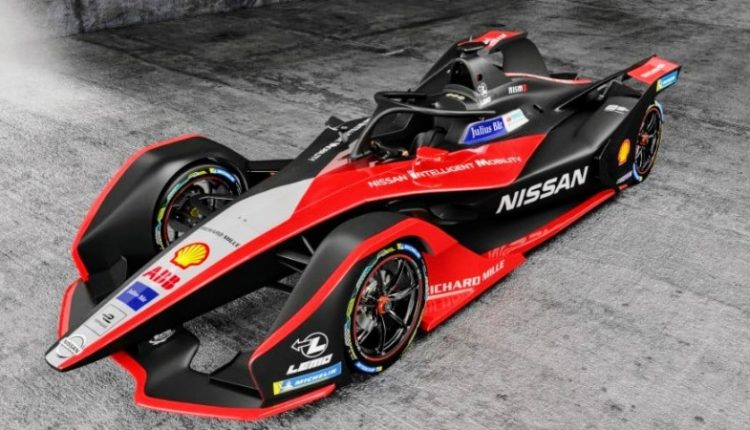legacy automakers hitch a lift with Formula E
Legacy Automakers who have been lagging in the electric vehicle market, compared to Tesla, are relying on Formula E electric racing teams to gain insights and develop innovative technologies that help build efficient and high-performance mass-production EVs at a more affordable price.
Formula E has struggled to win over many motorsports enthusiasts, with Formula One still attracting significantly bigger audiences because electric cars lack the sustained power and noise of the internal combustion engine.
Despite this, legacy automakers with electric teams say the race to maximize or regenerate power – Formula E cars start each race with only 60% of the battery capacity they need and have to generate the rest through braking – helps them develop more efficient motors and invertors, and software to enhance performance and range.
As the Autonomic market make shift towards electric vehicles, more powerful and efficient sports cars, or more affordable mass-market models are likely to win their respective races.
Also Read: BMW equips Munich plant for Electric Vehicle production
Tata Motors (TAMO.NS), opens new tab unit Jaguar Land Rover, which is investing 15 billion pounds ($19 billion) to catch up with EV production, will use silicon carbide inverter technology developed for its Formula E cars to boost efficiency in its next-generation premium-model EVs, said James Barclay, team principal of the Jaguar TCS Racing team.
JLR has already used learnings from managing battery temperatures to boost the range of Jaguar I-Pace EVs on the road today via over-the-air updates by 20 kilometres (12.4 miles).
“The future is electric,” said Thomas Mueller, JLR’s head of production engineering. “That’s why Formula E is part of our strategy.”
Reuters/ Chidimma Gold




Comments are closed.